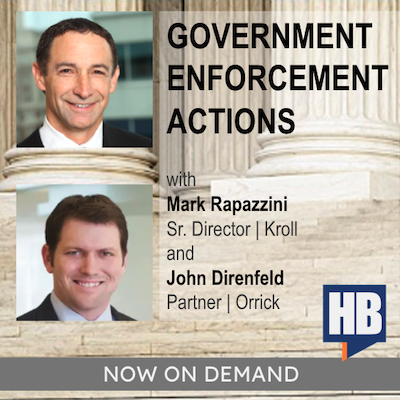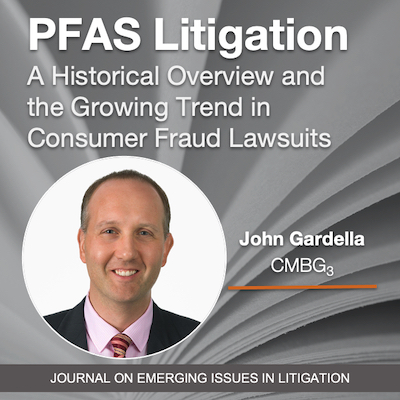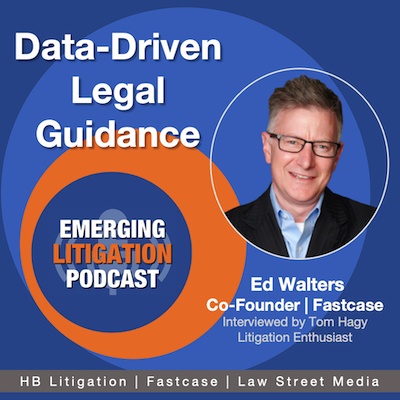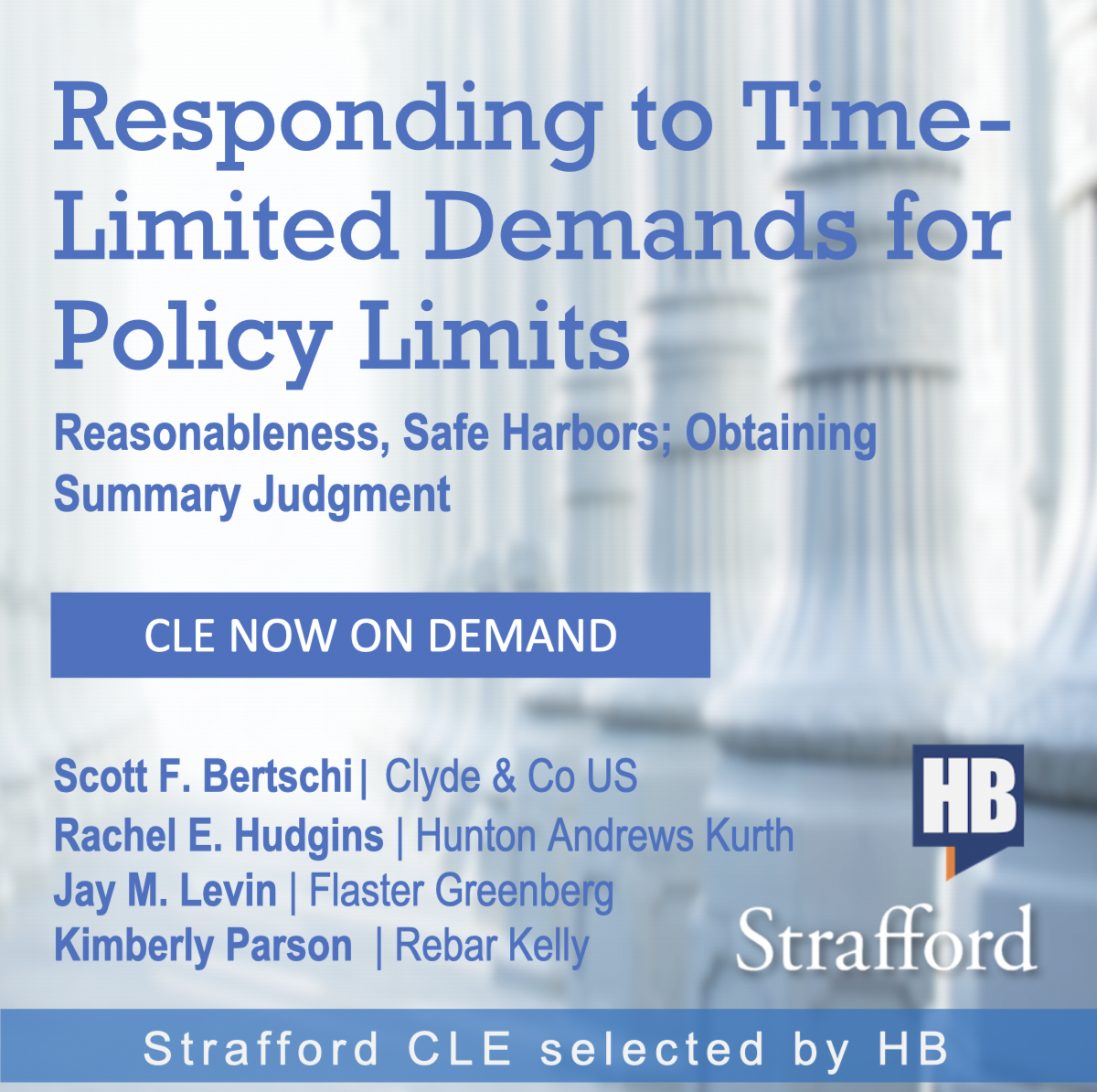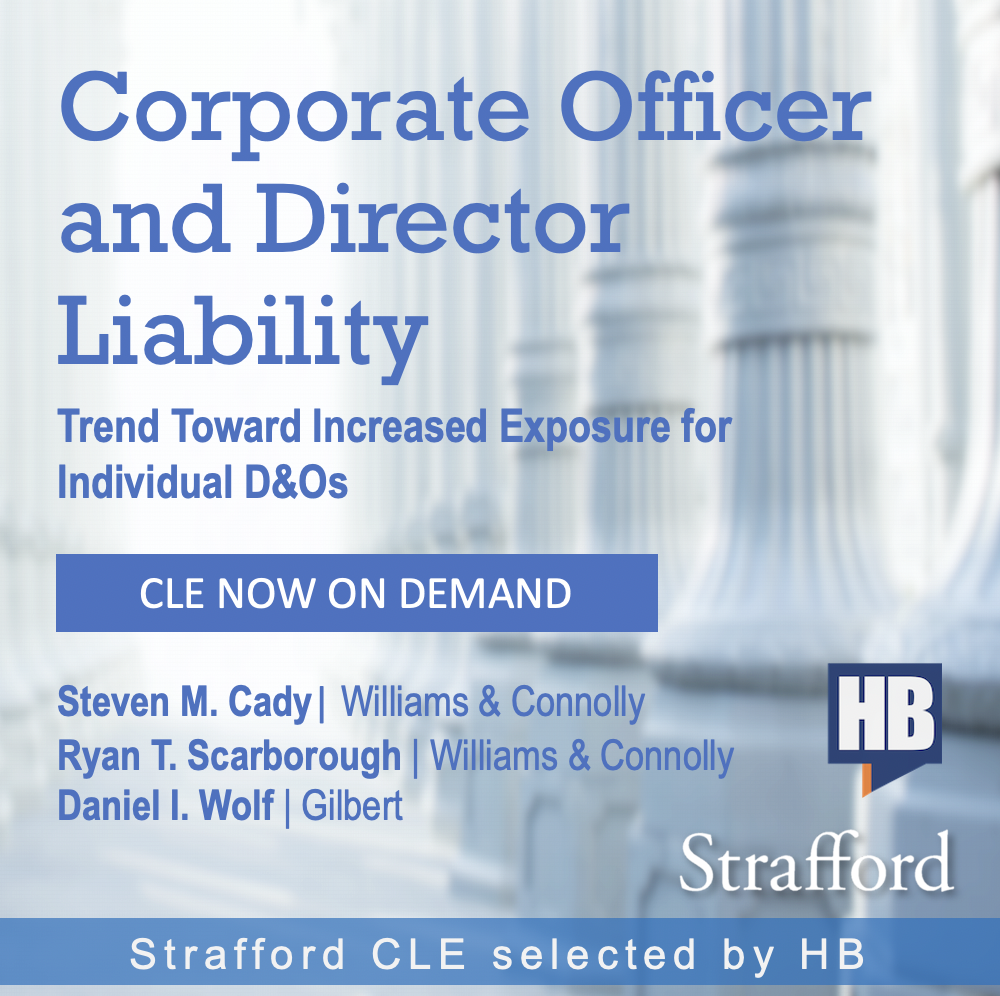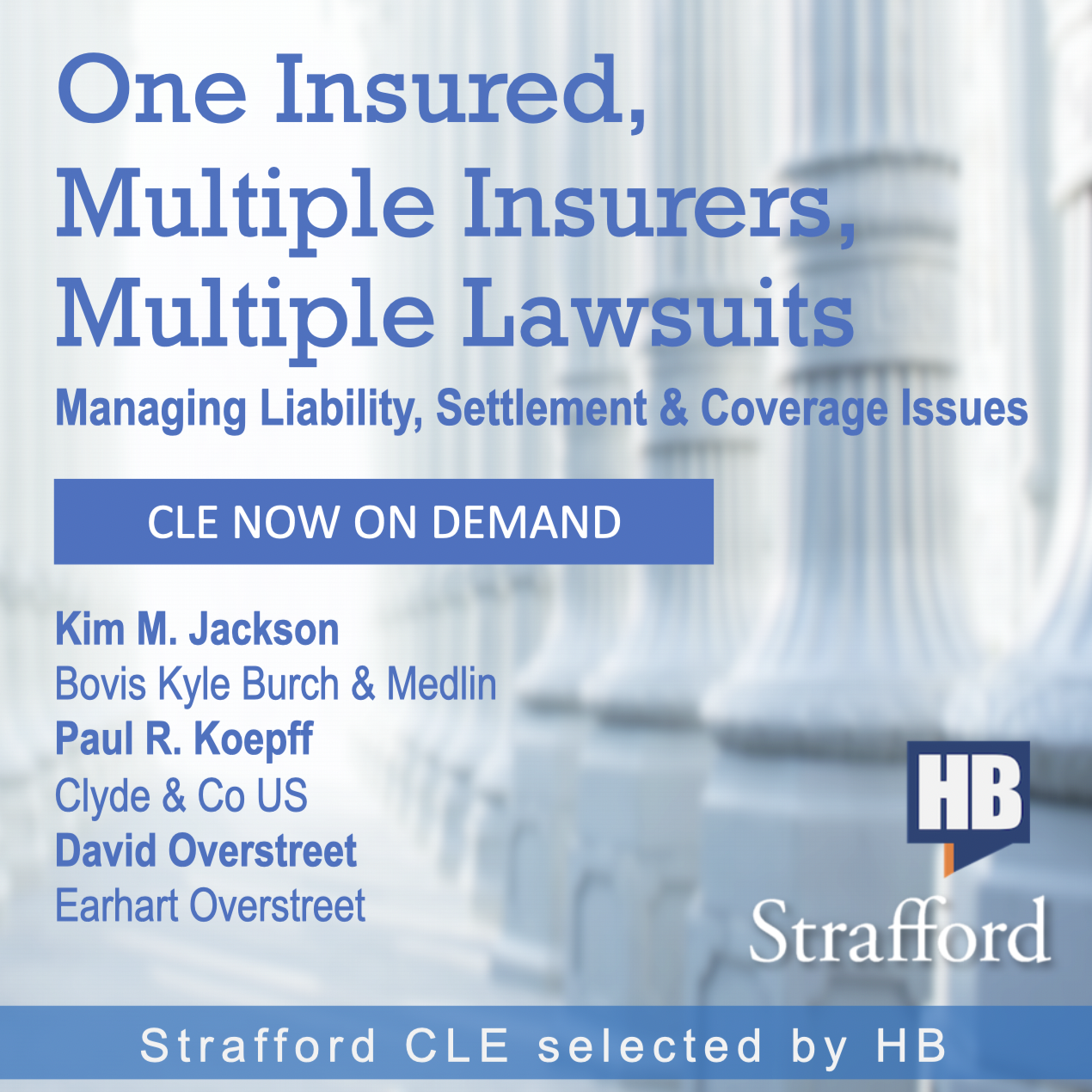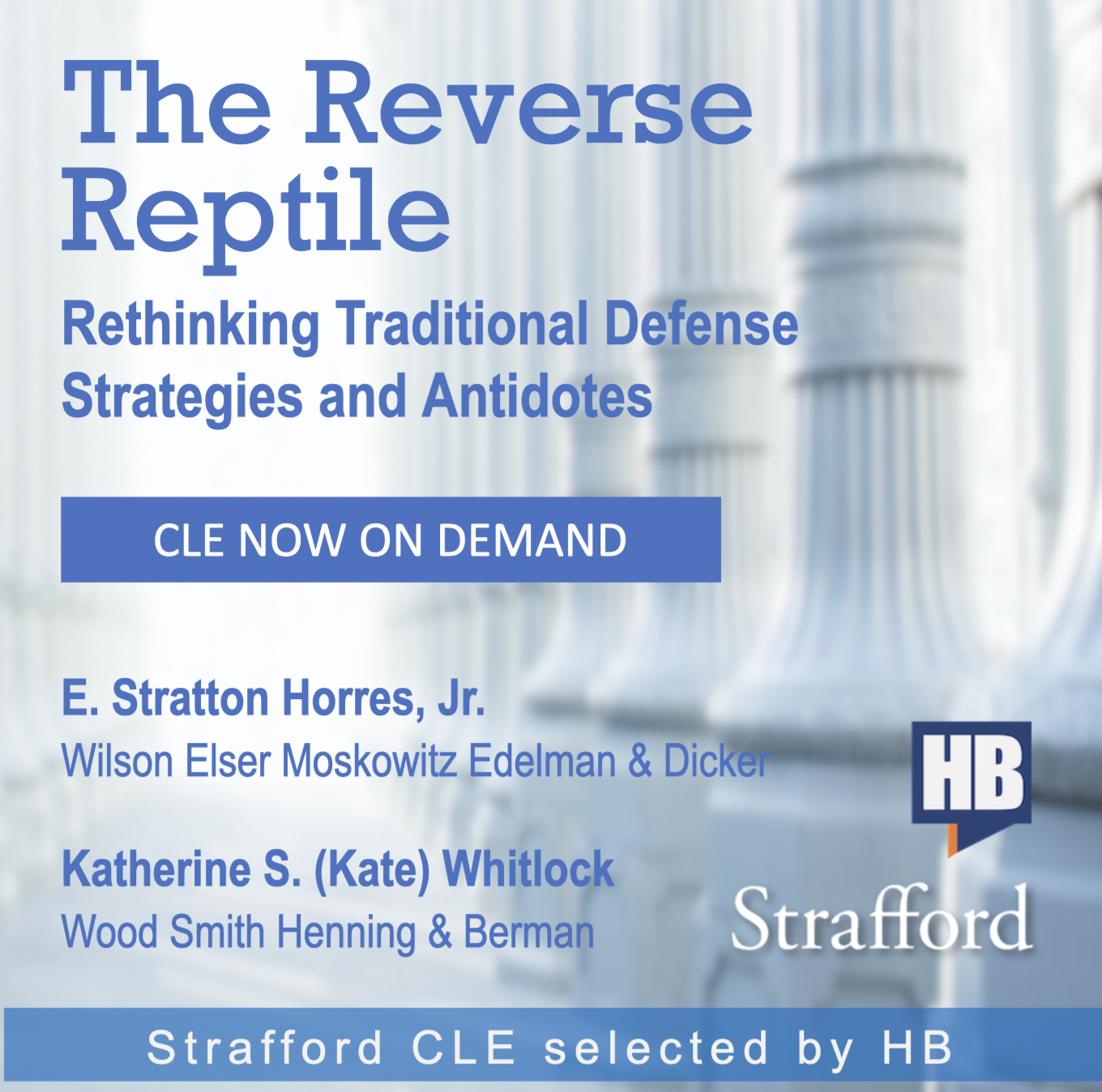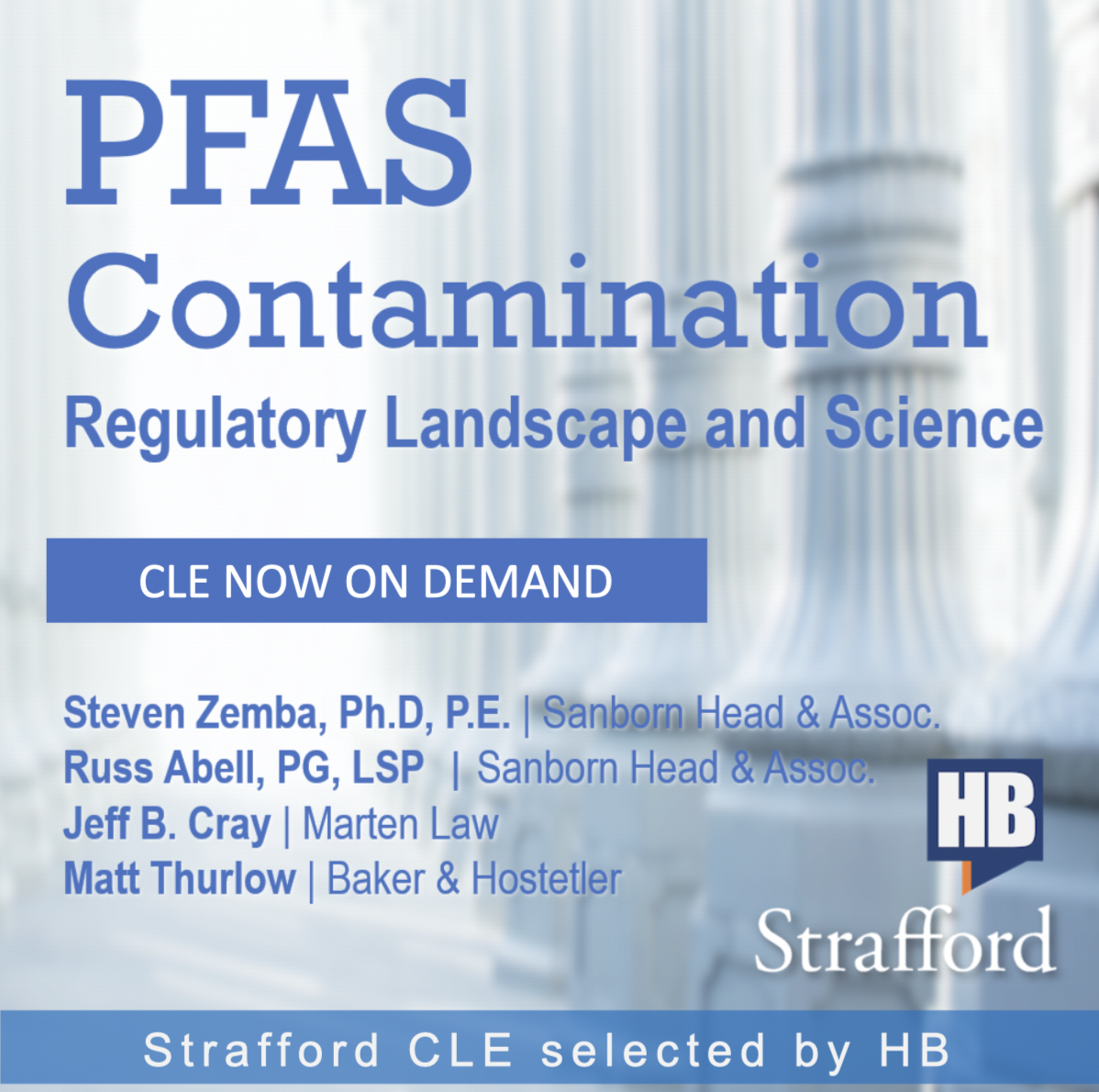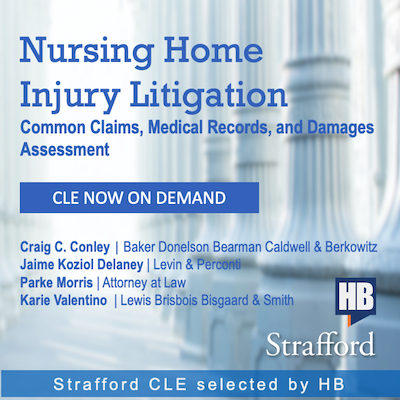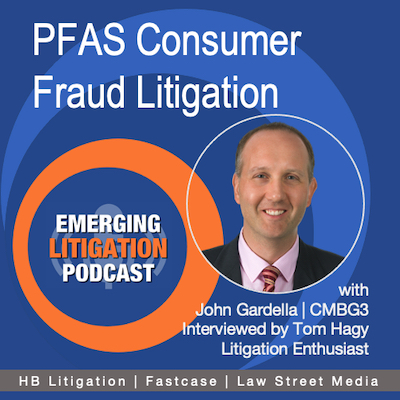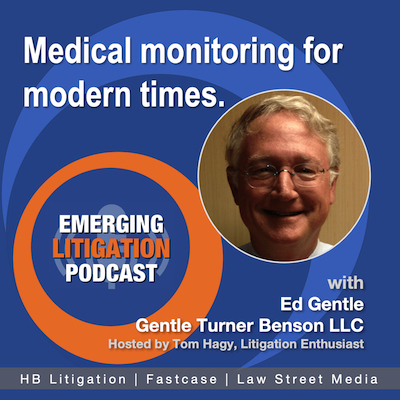U.S. Government Enforcement Actions: Regulatory remediation settlement trends and claims administration best practices
HB Litigation Conferences presents a complimentary CLE-eligible webinar on-demand Government Enforcement Actions Regulatory Remediation Settlement Trends and Administration Best Practices Government enforcement actions are increasing. It’s important for attorneys to understand regulatory trends and best practices for remediation and administration, and how these actions differ from traditional class action settlements. Here are some of the questions our speakers will address in this CLE-eligible webinar: Why are government enforcement actions increasing? What are the common types of government consumer enforcement actions and how do they proceed? How do government enforcement actions differ from class actions? What are the key considerations in settlement negotiations in government enforcement actions? What are the components of settlement agreements in a government enforcement action? What notice efforts are required to help satisfy expected participation rates? Plus, answers to your questions via live chat. Webinar On Demand Recorded January 2023 What you get: PowerPoint and supplemental materials. Complete recording for later review. Answers to your questions via email. Invitation to contact speakers directly. 1 CLE credit*. CLE assistance. *Subject to state bar rules. For licensed attorneys. Register Meet the Speakers Mark Rapazzini Senior Director | Kroll Mark has more than 25 years of legal experience in cases ranging from individual [...]

